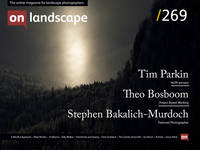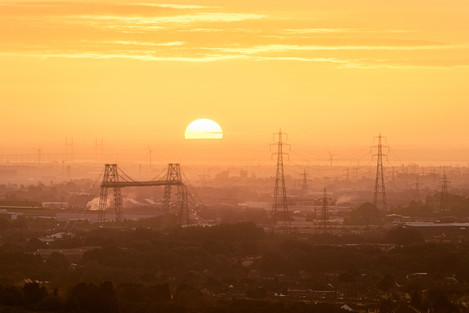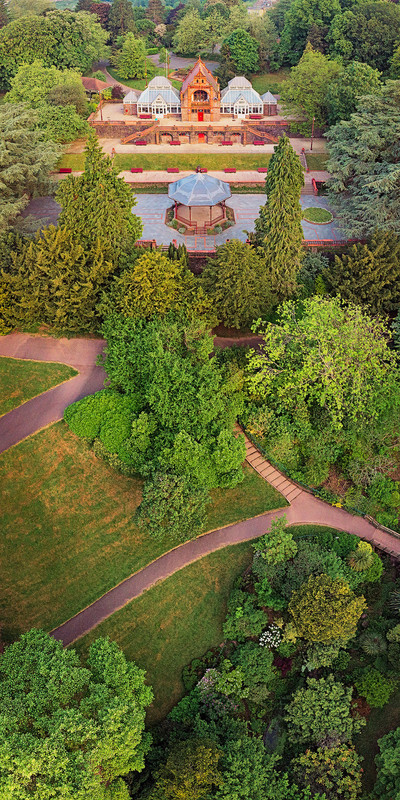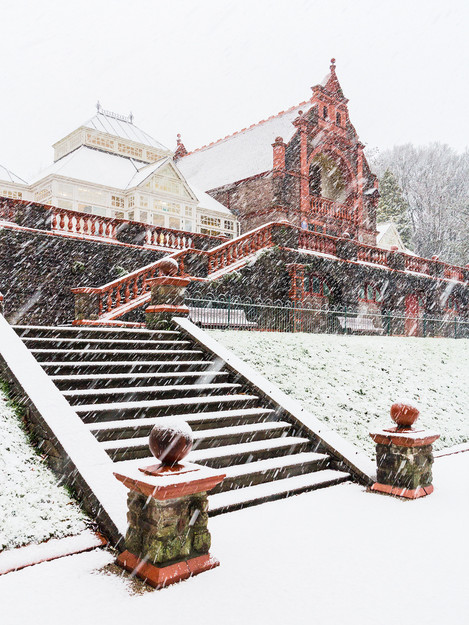Trying to solve a puzzle

Chris Goddard
Chris Goddard is a keen amateur landscape photographer from south Wales. Between raising a family and a full time job he enjoys making images of Britain’s beautiful landscape. His website can be found at
The aspects of things that are most important for us are hidden because of their simplicity and familiarity, (one is unable to notice something because it is always before ones eyes). ~ Ludwig Wittgenstein
I have heard some people describe their approach to making pictures with a camera as though they are trying to solve a puzzle. I like this idea, we each choose our own puzzles to solve, which can change from day to day, moment to moment, and we each have our own novel approaches to the ways in which we solve them. Some are within our grasp and can be solved now. Others might not be, but perhaps will be at some point in the future, with time and with practice. Some puzzles are not available to us at all as we are simply unaware of them - we can't perceive them. I find this process very similar to that of a photographer in the field, looking for potential images.
One of the biggest problems a photographer faces is the need to counteract a strong tendency toward absent-mindedly glancing at things rather than attentively looking at things.
On the flip side, this does mean that with familiarity, attentiveness to detail diminishes. As an example: until recently, I viewed my hometown area as nothing more than a means to an end, a place where I lived, worked, and travelled from rather than to. Photographically speaking, the place I live, the routes I take every day, and the areas I frequent could not be less appealing as subjects for photography. The phrase ‘familiarity breeds contempt’ certainly applied to me and the areas closest to my home. I longed to go much further afield with my camera.
In the run-up to my first photography exhibit in 2018, titled ‘Different Mind, Different Place’, I made a concerted effort to write about and demonstrate through my pictures that my local area is a worthwhile subject for photography. I wanted to challenge how I - and others - perceived the area because I believed it was being unfairly maligned.
I would argue that the most difficult part of the puzzle a photographer must overcome when choosing to make an image is not so much the difficulty of the subject matter, as it is laid out in front of you, but our own perceptions, our conditioned, rose-tinted views. We are conflicted, on the one hand, we long to experience new experiences and enjoy taking some risks, while at the same time, we also like to err on the side of caution, predictability and routine. looking and seeing beyond those routines that we have created over a lifetime is the hardest part of the puzzle to overcome.
To see a field as nothing more than an area with grass and a boundary is what comes naturally after looking at many fields. It takes time, effort and experience to appreciate a field as something more detailed: a tapestry of changing colour filled with individual wildflowers, often with ancient hedgerows that can be visited by a multitude of insects, mammals and bird life. Or, dismissively wave away a rock as just another rock, when actually it is a surface with very specific chemistry that hosts communities of living organisms all across it, including lichen and moss. A town – just a collection of buildings, right? Or a place that is filled with shapes, repeating patterns, reflective surfaces, food, human culture, and of course – people.
To take notice of the things we walk past every day and to make the effort to photograph them is to overcome - if only for a moment - our natural tendency to stereotype, ignore and dismiss. Viewers of photography often use statements like: ‘I wish I noticed that!’ or ‘I just walked straight past that!’. To receive a comment like this about one's own images, as a photographer, is most pleasing because that is exactly what we want to be doing when we are out with our cameras: noticing those things that we normally miss.
As described above, for me, hard work and perseverance over the course of about three years paid off. I do see Newport as a viable subject for photography. And by counteracting my tendency to be so dismissive about the familiar, it is my hope that I continue to notice those things that familiarity urges me to ignore. I struggled to know whether this horizon should be the first cognitive horizon to explore since I spent most of my time, especially early on as a photographer, travelling everywhere else apart from my local area to make pictures. Despite its physical proximity, it did - ironically - feel like a distant land.









